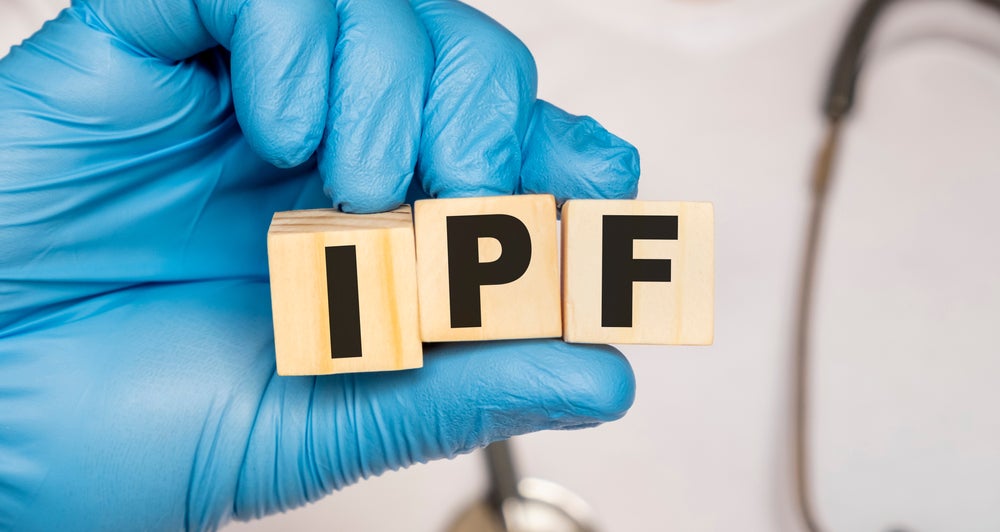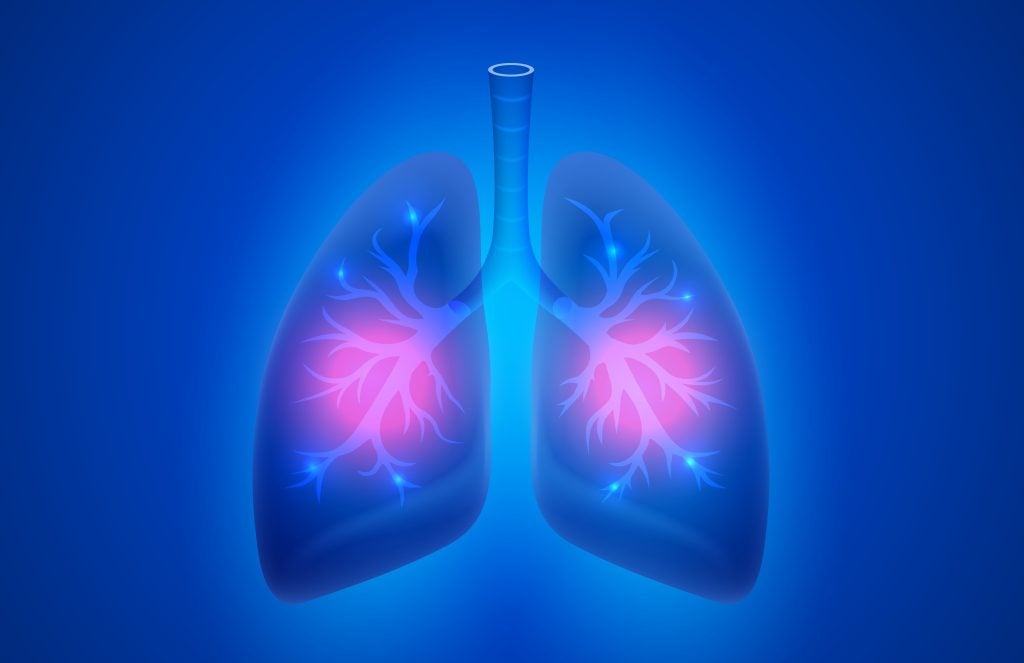US-based PureTech Health has launched Celea Therapeutics, a new respiratory disease-focused biotherapeutics spin-off, to make efficient use of its capital.
Led by former Teva CEO Sven Dethlefs, the newly founded subsidiary will take over the late-stage clinical development of PureTech’s Phase III-ready lead asset, deupirfenidone (LYT-100) in idiopathic pulmonary fibrosis (IPF).
Though the oral drug is currently only being trialled in IPF, Celea Therapeutics will pursue its development in “multiple fibrotic and inflammatory lung conditions”, PureTech said in a statement.
Deupirfenidone is a deuterated form of Roche-owned Genentech’s star IPF drug Esbriet (pirfenidone) – the first treatment to gain FDA approval for this indication in 2014.
Originally developed by deuteration technology pioneer Auspex Pharmaceuticals, deupirfenidone is designed to overcome the current efficacy challenges posed by Esbriet, which largely stem from the drug’s toxicity at high doses.
By substituting three hydrogen atoms on Esbriet’s structure with deuterium, deupirfenidone has already demonstrated a favourable tolerability profile in the Phase IIb ELEVATE trial (NCT05321420), while stabilising lung function decline over 26 weeks.
PureTech plans to discuss the Phase IIb results with the FDA by the end of Q3 with the intention of initiating a Phase III trial at the end of 2025, the company said in a 20 May statement.
IPF market to broaden
Up until recently, the IPF market has primarily revolved around the use of Esbriet and its only major competitor, Ofev (nintedanib), which was commercialised in 2014.
Produced by Boehringer Ingelheim, Ofev is a tyrosine kinase inhibitor (TKI) which works to prevent lung scarring. According to GlobalData’s Intelligence Center, the drug made just over $4bn in sales in 2024.
GlobalData is the parent company of Pharmaceutical Technology.
To keep up its momentum in this market, Boehringer is aiming to commercialise a follow-on to Ofev in this indication, nerandomalist, which is expected to be FDA-approved for IPF by the Q4 2025 following positive Phase III trial readouts.
EmphyCorp’s nasally administered antioxidant spray N-115 (sodium pyruvate) is also in the pre-registration phase for this IPF, with a GlobalData report revealing that drugs in this stage have a 100% transition success rate within the indication. The FDA’s decision is expected by September 2025.
Though Ofev, nerandomalist, N-115 and Esbriet would be in direct competition with deupirfenidone if it were to be approved, PureHealth would likely see more competition from Boehringer and EmphyCorp’s therapies.
This is due to the erosion of Esbriet’s market value through its 2022 patent expiry, which caused the drug’s sales to drop from $1.1bn in 2021 to $107m in 2024. Generics of Esbriet have already been approved and launched, including by Sandoz, Accord Healthcare, Amneal, and Teva.














